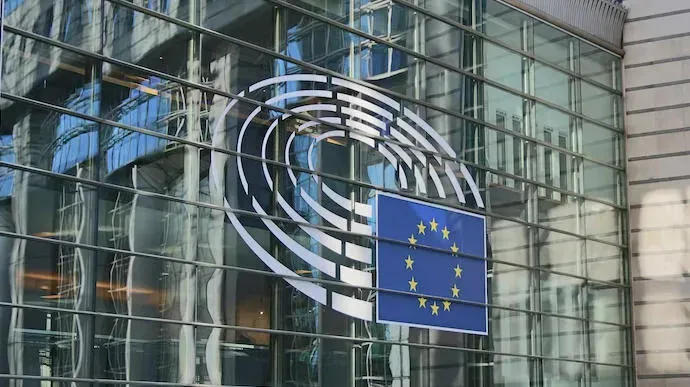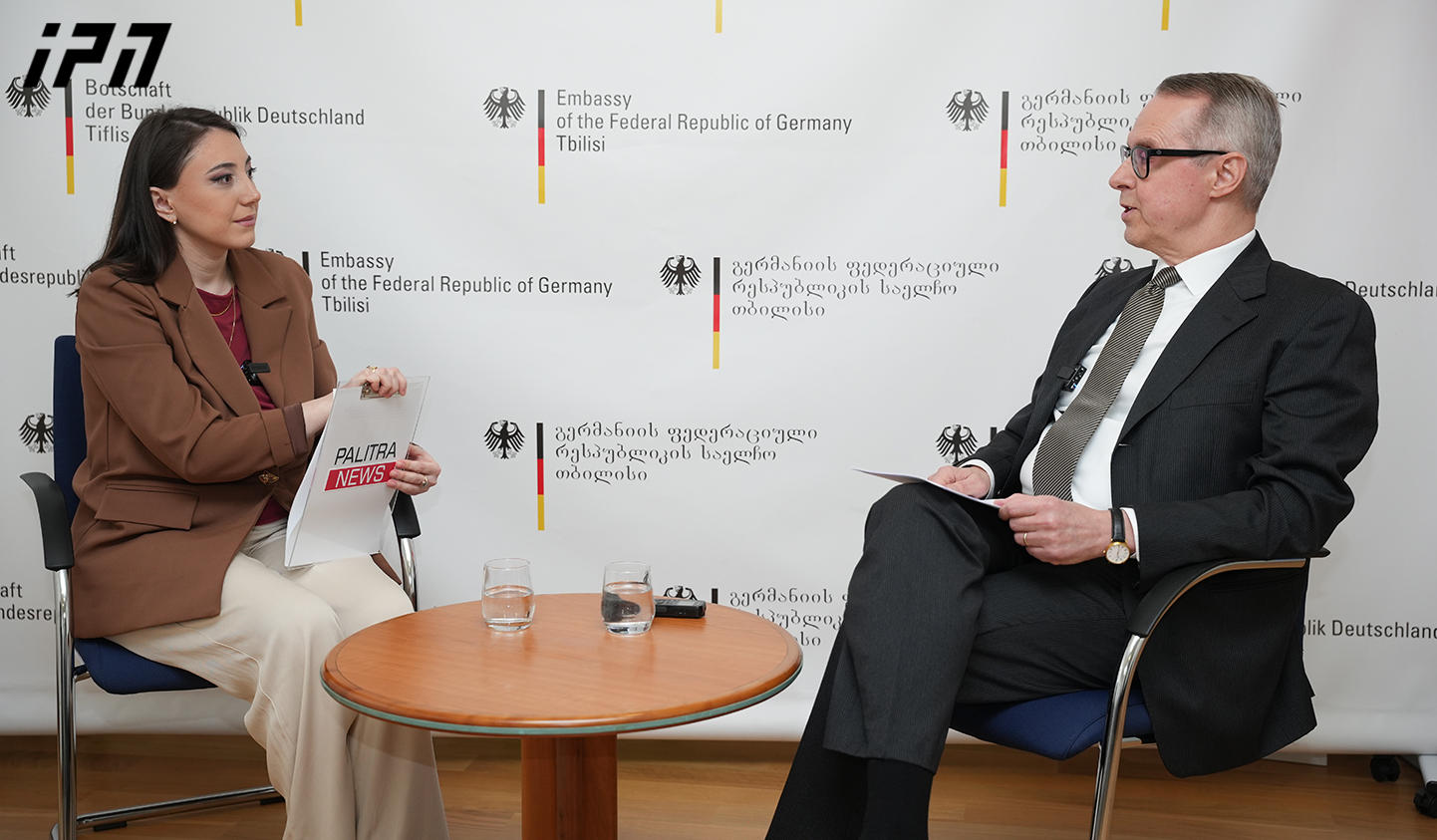The European Parliament’s resolution calls on the European Union to consider further restrictive measures, such as disconnecting from SWIFT or imposing sectoral sanctions, “aimed at cutting off the financial flows and sources of income of the Georgian Dream regime"

The European Parliament’s resolution calls on the European Union to consider further restrictive measures, such as disconnecting from SWIFT or imposing sectoral sanctions, “aimed at cutting off the financial flows and sources of income of the Georgian Dream regime.”
Furthermore, the European Parliament urges the EU and its member states “to impose coordinated and bilateral personal sanctions on the political leaders of Georgian Dream, government officials, and individuals enabling the regime.”
According to the document, the European Parliament condemns the adoption of legislation without proper public consultations — legislation that facilitates further political persecution, restricts the right to assembly, and further shrinks the space for civil society, independent media, and the opposition. This includes the Russian-style “foreign agents” law, amendments to the Law on Public Service, amendments to the Law on Grants, the Law on Foreign Agent Registration, and newly imposed restrictive amendments to the Law on Broadcasting. It calls on the Georgian government to repeal these legislative changes and emphasizes that Georgian Dream’s political behavior — including its strategic alignment with the Russian Federation and the accelerated use of tools typical of authoritarian regimes — reflects developments seen in Russia itself.
The resolution expresses concern over the recent wave of attacks against NGOs and over the demand made by certain state institutions, such as the Anti-Corruption Bureau, that NGOs provide detailed financial, legal, and operational information for the past 18 months within just three working days. It stresses that such a demand is impossible to fulfill and poses a threat of paralyzing the operations of targeted organizations and suspending their activities.
The European Parliament welcomes the recent efforts of Georgian civil society, including free legal aid, documenting serious human rights violations, and taking leadership in domestic and international court proceedings in pursuit of justice and accountability, despite ongoing attacks, criminalization of civic space, and disinformation campaigns against civil society actors.
It underlines the urgent need to support Georgia’s civil society and independent media in the face of increasing repression and the suspension of activities by the United States Agency for International Development (USAID). The resolution therefore calls on the Commission to increase and urgently disburse financial support. It calls for EU funding mechanisms to be adjusted to respond to needs arising in increasingly hostile and anti-democratic environments, redirecting funds toward direct support for civil society organizations, independent media, and human rights defenders. It stresses that Georgian Dream not only rejects Georgia’s EU integration but also disregards international human rights law and democratic standards, while rapidly moving down a negative trajectory reminiscent of Russia’s past. It expresses deep concern that this will disproportionately affect women, minorities, migrants, people with disabilities, LGBTQ+ individuals, those living below the poverty line, and other vulnerable or at-risk groups. The resolution strongly condemns the anti-LGBT legislation adopted by the Georgian Parliament in October 2024, which reflects authoritarian, Russian-style policies and violates the EU Charter of Fundamental Rights. It calls for the law to be repealed and urges the restoration of gender quotas that were abolished by the Georgian Parliament in April 2024.
The European Parliament reaffirms that the measures taken so far by the EU in response to democratic backsliding and failure to meet commitments do not reflect the gravity of the situation in Georgia or its regional consequences. It regrets the absence of proactive measures and the generally limited and delayed response from the Council and Commission. It stresses that the lack of unanimity among member states must not prevent those wishing to take appropriate and effective action from doing so. It calls on EU leadership to urgently unite like-minded member states to undertake coordinated actions and overcome political obstacles that block the adoption of EU-wide sanctions.
It calls on the EU and its member states to impose coordinated and bilateral personal sanctions against key political leaders of Georgian Dream, government officials, and enablers of the regime across administration, business, media, the judiciary, law enforcement, and the election commission, who are responsible for democratic backsliding, election fraud, human rights violations, and the persecution of political opponents and activists. It also calls for sanctions to be extended to mid- and low-level public servants involved in implementing repressive measures against the regime’s opponents, and for sanctions to remain in place until democracy is properly restored in Georgia. The resolution welcomes the bilateral sanctions already imposed by Lithuania, Estonia, Latvia, the Czech Republic, Germany, Poland, and like-minded partners such as the United States, the United Kingdom, Canada, and Ukraine, and urges other EU member states to follow suit. It calls again for consideration of further restrictive measures, such as cutting off access to SWIFT or imposing sectoral sanctions, aimed at cutting off the Georgian Dream regime’s financial flows and income sources.
Additionally, the European Parliament welcomes the European Council’s decision to suspend visa-free travel for Georgian diplomats and officials as a “first step in response to the negative developments in Georgia.”
It once again calls on the Commission and the Council to review Georgia’s visa-free status, with the possibility of suspension if the ruling party’s actions fail to meet the standards of democratic governance and freedoms. It emphasizes that Georgian Dream bears full responsibility for any consequences that suspension of visa-free travel may have on Georgian citizens. It underscores the importance of visa-free travel for Georgia’s civil society representatives, human rights defenders, and journalists — both to inform European actors about developments in Georgia and to ensure their ability to leave the country swiftly, as many face political persecution from the authorities.
